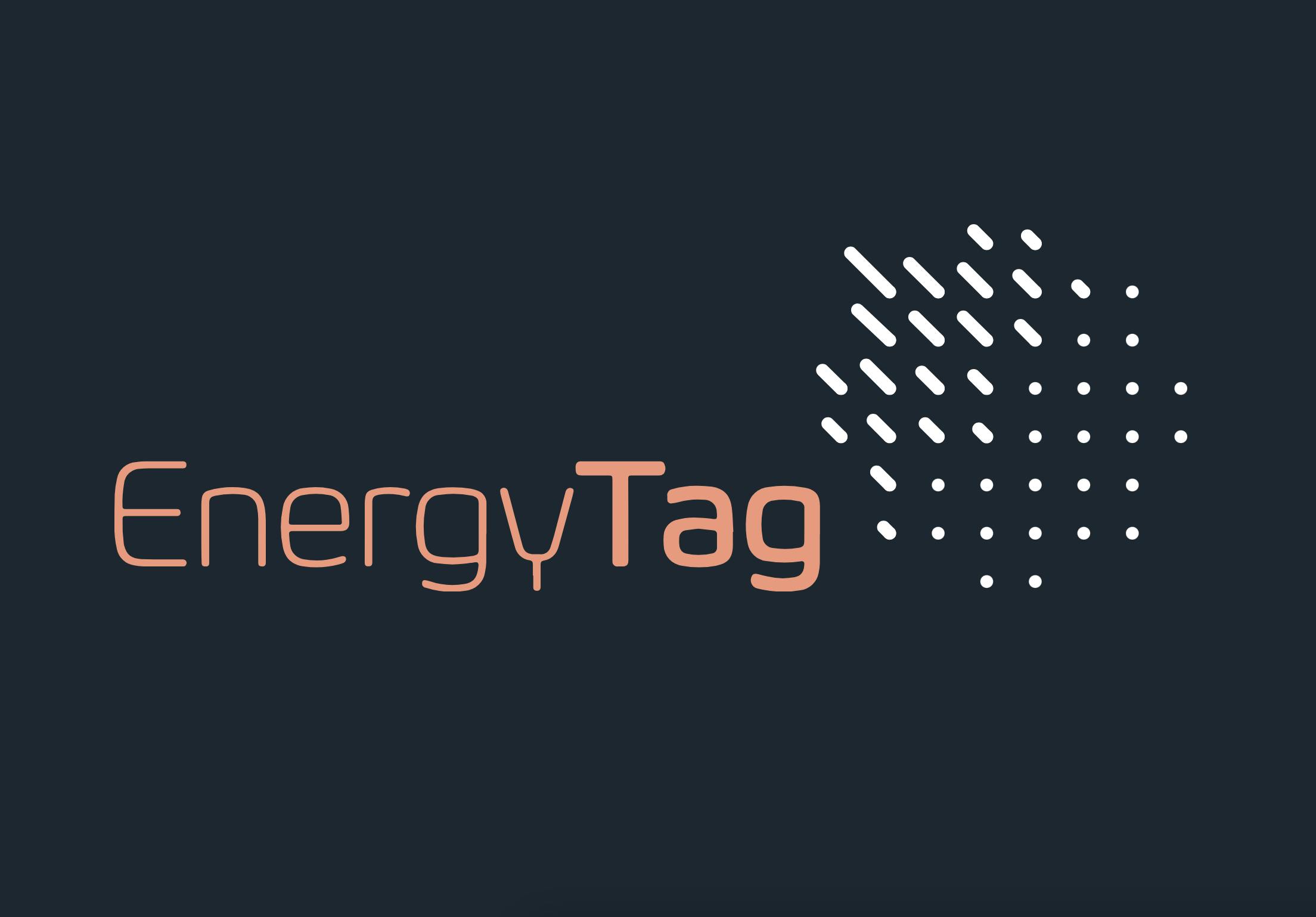News — 1 March 2022
EnergyTag launches standards for granular certificates
EnergyTag, the industry-led initiative to shift to 24/7 clean power launches world-first programme to improve transparency around renewable energy

More than 100 companies, governments and NGOs, including some of the world’s biggest energy consumers, technology firms and utilities, are publicly backing a world-first programme to improve transparency around renewable energy. The programme is spearheaded by EnergyTag, the independent industry-led initiative to accelerate the shift to 24/7 clean power.
EnergyTag has today unveiled six projects worldwide to demonstrate a radical new approach to track the source of electricity in near-real time. The aim is to provide consumers with transparency and confidence that the power they are buying is truly green and provide the price signals to the market to ensure clean power is available round-the-clock.
Organisations including Google, Microsoft and the US Federal Government, have recently announced commitments to source 24/7 clean energy. However, there is currently no recognised system of verifying clean electricity supply on an hourly basis. This is the problem EnergyTag intends to solve.
Although many organisations and individuals already buy energy which is classified as renewable through current certification schemes, the consumption of this energy is only matched to production on an annual basis. The problem is that as more renewable power plants are built, the availability of clean energy becomes increasingly volatile, meaning overproduction at certain times of day and scarcity at others.
This causes significant daily fluctuations in the carbon intensity of the electricity system as a whole, leading some to suggest that new carbon accounting methodologies may be needed. . In addition, under current mechanisms, renewable energy certificates are priced the same regardless of scarcity or oversupply, which does not provide a market incentive to fill the gaps.
A report published by EnergyTag sets out how energy consumers and producers can use hourly certificates to verify that the energy they consume is green hour-by-hour. Furthermore, the six projects announced today aim to demonstrate how these more granular certificates can reward those that can provide renewable power at times of short supply, including storage and flexibility providers that are essential enabling a carbon-free electricity system.
Share article